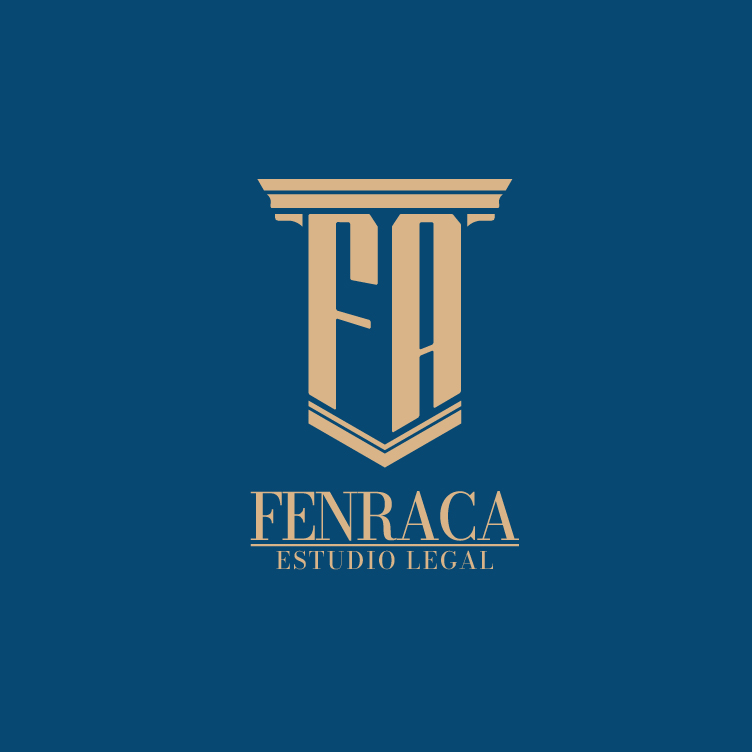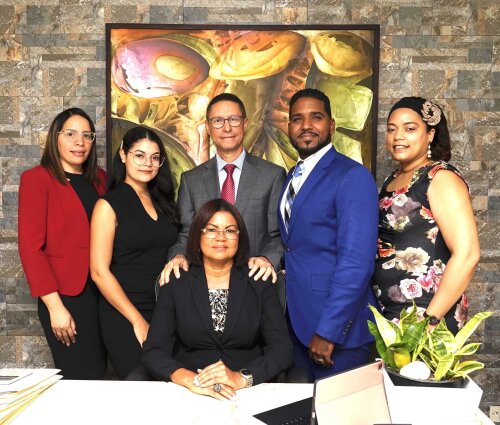Best Family Lawyers in Dominican Republic
Share your needs with us, get contacted by law firms.
Free. Takes 2 min.
Free Guide to Hiring a Family Lawyer
Or refine your search by selecting a city:
List of the best lawyers in Dominican Republic
About Family Law in Dominican Republic
Family law in the Dominican Republic encompasses a wide range of legal matters related to familial relationships and domestic issues. It deals with aspects such as marriage, divorce, child custody, adoption, and inheritance. The legal framework aims to protect the rights and responsibilities of individuals within a family setting, ensuring fair and just outcomes. Given the dynamic nature of family structures, family law is continually evolving to accommodate changing social norms and needs.
Why You May Need a Lawyer
There are several situations where you may require legal assistance in the field of family law in the Dominican Republic. Common circumstances include:
- Seeking a divorce or legal separation and needing guidance on asset division, alimony, or maintenance.
- Dealing with child custody arrangements, visitation rights, or child support matters.
- Adopting a child and needing assistance with the legal processes involved.
- Settling inheritance disputes or understanding your rights in terms of family estates and wills.
- Facing domestic violence situations where obtaining protection orders might be necessary.
- Requiring mediation or legal advice on prenuptial agreements and marriage contracts.
Local Laws Overview
The Dominican Republic's family law is influenced by its civil law system. Key aspects include:
- Marriage: Legal age for marriage is 18, with allowances for younger individuals under specific conditions with parental consent.
- Divorce: Both contested and uncontested divorce proceedings exist, with grounds for divorce including mutual consent, adultery, and irretrievable breakdown of the marriage.
- Child Custody: The best interest of the child is the primary consideration, often resulting in joint custody arrangements.
- Adoption: Adoptions can be national or international, with processes governed by domestic laws and international treaties.
- Domestic Violence: There are legal provisions to protect victims, including restraining orders and legal penalties for offenders.
Frequently Asked Questions
What are the legal requirements for getting married in the Dominican Republic?
Both parties must be at least 18 years old to marry, but parental consent is needed for those under 18. Necessary documents include valid identification, birth certificates, and certificates of no impediment.
Can foreigners get a divorce in the Dominican Republic?
Yes, foreigners can file for divorce as long as they have established residency in the country or maintain a connection to the jurisdiction.
How is child custody determined?
Child custody is determined based on the best interests of the child, considering factors like parental capabilities, the child's needs, and established living arrangements.
What is the process for adopting a child in the Dominican Republic?
Adoption processes involve thorough assessments by social services, court approvals, and adherence to both national and international legal standards.
Are prenuptial agreements enforceable in the Dominican Republic?
Yes, prenuptial agreements are enforceable, provided they are created with full consent and a fair disclosure of assets by both parties.
What legal aid is available for victims of domestic violence?
There are legal avenues for obtaining restraining orders and protective measures, as well as support services offered by various organizations for victims of domestic violence.
How is property divided in a divorce?
Property division is generally based on equitable distribution, considering factors like the duration of the marriage and each partner's economic contribution.
What is the role of a family mediator?
A family mediator assists in resolving disputes amicably, without court intervention, often used in cases of divorce, child custody, or financial arrangements.
Do I need a lawyer for a simple divorce?
While not mandatory, a lawyer can help ensure that legal rights are protected and the process is conducted smoothly, particularly if children or significant assets are involved.
What should I do if I am named in a family legal dispute?
It is advisable to consult with a family lawyer immediately to understand your rights and options, and to prepare an appropriate legal response.
Additional Resources
For those seeking assistance in family matters, the following resources may be helpful:
- The Dominican Family Court System for understanding procedures and filing requirements.
- The Ministry of Women for support related to domestic violence and gender equality.
- The National Council for Children and Adolescents (CONANI) for matters related to child welfare and adoption.
- Local legal aid societies and non-profit organizations providing free or reduced-cost legal services.
Next Steps
If you require legal assistance in family matters, consider taking the following steps:
- Identify the specific legal issues you are facing.
- Gather relevant documents and information pertaining to your situation.
- Research and contact a qualified family lawyer in the Dominican Republic with experience in handling similar cases.
- Schedule a consultation to discuss your case and understand your legal options.
- Follow the advice of your legal counsel and maintain open communication to ensure the best possible outcome.
Lawzana helps you find the best lawyers and law firms in Dominican Republic through a curated and pre-screened list of qualified legal professionals. Our platform offers rankings and detailed profiles of attorneys and law firms, allowing you to compare based on practice areas, including Family, experience, and client feedback.
Each profile includes a description of the firm's areas of practice, client reviews, team members and partners, year of establishment, spoken languages, office locations, contact information, social media presence, and any published articles or resources. Most firms on our platform speak English and are experienced in both local and international legal matters.
Get a quote from top-rated law firms in Dominican Republic — quickly, securely, and without unnecessary hassle.
Disclaimer:
The information provided on this page is for general informational purposes only and does not constitute legal advice. While we strive to ensure the accuracy and relevance of the content, legal information may change over time, and interpretations of the law can vary. You should always consult with a qualified legal professional for advice specific to your situation.
We disclaim all liability for actions taken or not taken based on the content of this page. If you believe any information is incorrect or outdated, please contact us, and we will review and update it where appropriate.
Browse family law firms by service in Dominican Republic
Dominican Republic Attorneys in related practice areas.
Browse family law firms by city in Dominican Republic
Refine your search by selecting a city.















